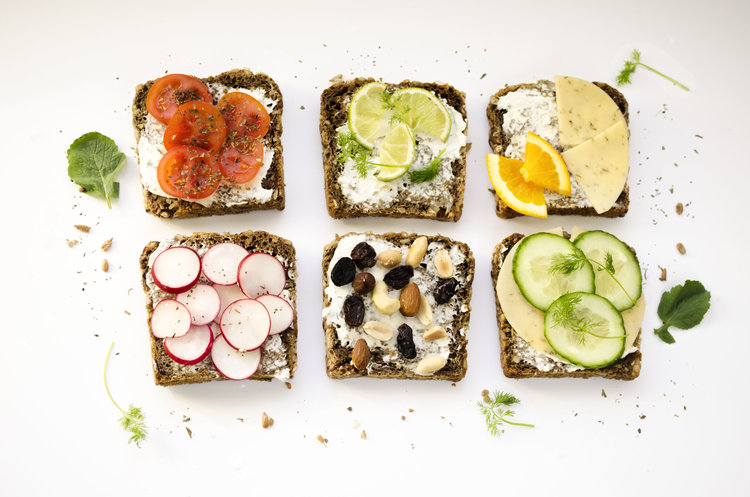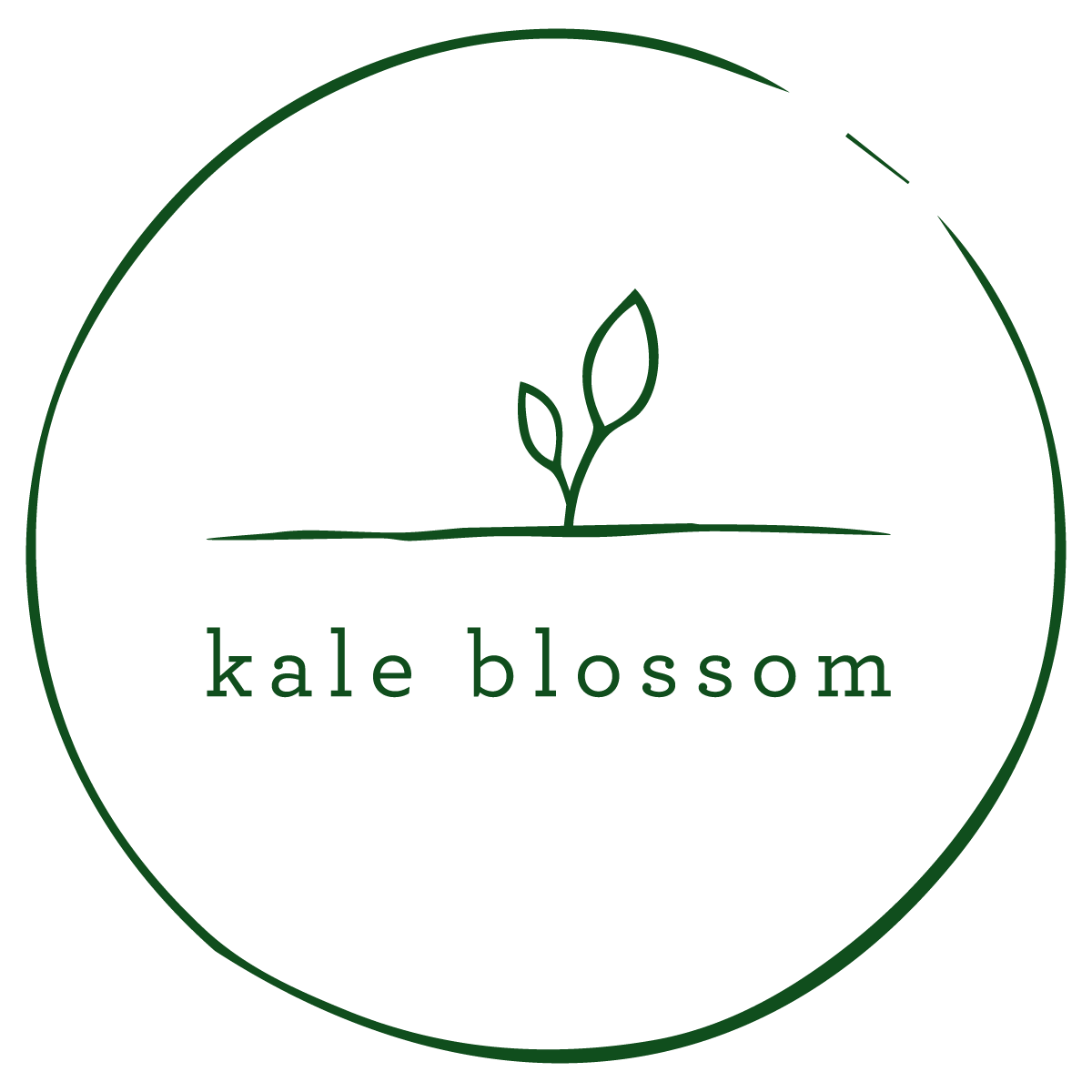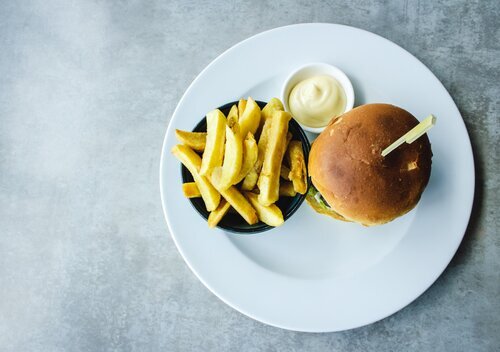Cliché, but oh so true!
Every year, we celebrate National Nutrition month in March thanks to the Academy of Nutrition and Dietetics. A fitting celebration to honor of one our nation’s favorite past times… eating! And what better excuse than to use a celebration, any time of year, as a time to re-focus our attention on food, from simply stampeding the table (or pantry or local grocer) for a delicious meal, to the actual nutrients we’re obtaining when we get there… and in turn, thinking about the series of metabolic activities within our bodies that we set into motion as a result. Because the immense bearing nutrition has on our overall health is PROFOUND!!
As the famous gastronome Brillat-Savarin once suggested, we are indeed what we eat! Our body sends us hunger signals for us to seek out nutrition, several times every day. These messages aren’t simply to satisfy the hunger monster that growls deep within our belly (and oh boy, when that monster gets hangry, it isn’t pretty! At which time it certainly becomes easy to grab the first thing we can get our hands on — a greasy, processed cheeseburger on a processed white-bread bun, perhaps a jumbo sized, super-duper, syrupy mocha latte, or an overly sugary protein bar touted as “healthy”). In actuality, our voiceless hunger wisdom really just wants a high-quality, assortment of nutrients to feed cellular cycles, build cells + repair aging tissues, detoxify chemicals, synthesize energy, create hormones, and ultimately, to sustain the life of the special human its feeding.
Therefore, the quality of the ingredients and types of foods entering our mouths absolutely deserves our full attention and intention. It matters! Without optimal nutrition, proper function of these essential life events simply does not occur and further, we’re increasing our chances of developing a decline in our health and possibly disease—ugh, bring on the pepto, cuz we just lost our appetite!
No need to dismay, however! Let’s make this simple, here are a few ways to stay on track with healthy eating…
EAT REAL! sticking to real, whole foods… not the store (although we do love WF! and all of its goodies) meaning if it grows on a plant, bush, tree or roams the earth, have at it!
EAT LOCAL! The more locally its grown, the better as this ensures it’s fresher (less commute time from farm to table) and the nutrient contents are higher. (Did you know the average age of a conventional apple is SEVERAL months old… from the time it is harvested from the tree, to then being kept in cold storage, to the store shelf and finally to your shopping basket?! Whoa! Eww!)
EAT ORGANIC! Because conventionally grown foods are super-duper toxic (the pesticides, herbicides and chemicals used help to prevent disease, to ward off bugs and to grow a quicker, bigger crop are not loved by our bodies. Yuck!)
EAT COLORFULLY! Aim to eat the rainbow by way of fruits and vegetables which will ensure you are obtaining all of the necessary micronutrients that a body needs.
And MINIMIZE! processed foods, created in a lab, using lots of added ingredients including shelf stabilizers (like MSG -eww!), thickeners, food dyes (which have largely been banned in many European countries) and sugar, sugar, sugar!
There will continue to be dieting trends, always are, and always will be from now until forever. Hello keto, paleo, autoimmune protocol, intermittent fasting, vegan, vegetarian, gluten free and so on! (We’ll talk about these in the future, stay tuned!) Try not to get caught up in the food frenzy! Sticking to the above nutrition basics– and modifying in healthy ways that work for you + your family, that make you feel well after you eat (not tired or bloated or grumpy), that you enjoy buying + preparing –will help to guarantee you’re staying on the healthy track and eating to live versus living to eat to simply to satiate the hunger monster. Happy feasting, pretty blossoms!
Resources
wholefoodsmarket.com
Deanna Minich
IFM
Chris Kresser
Danielle Walker





